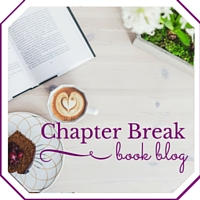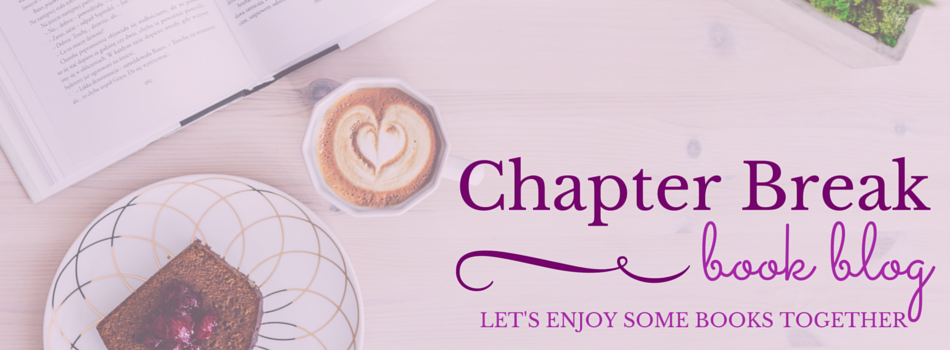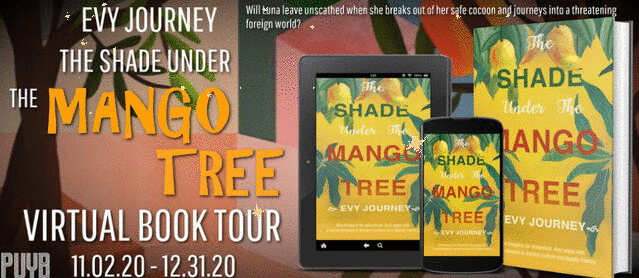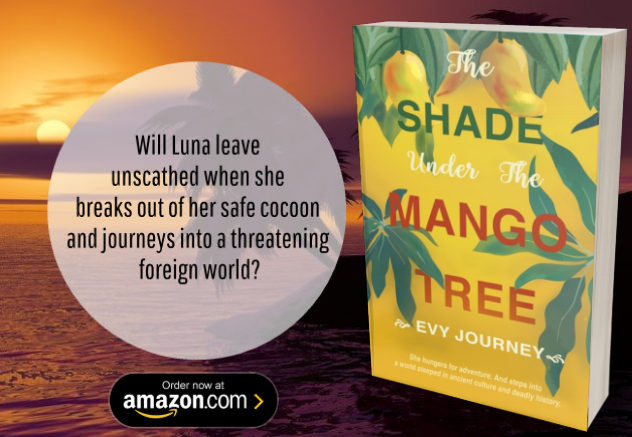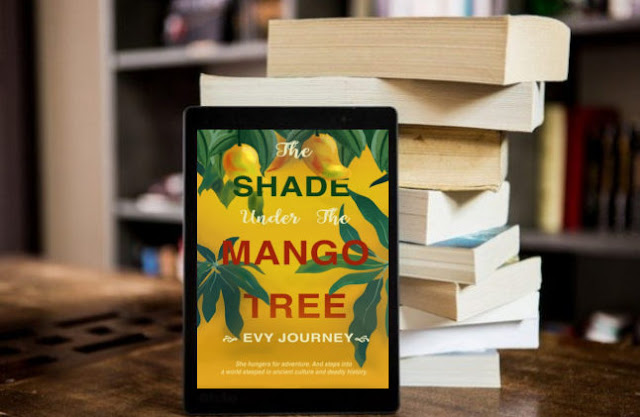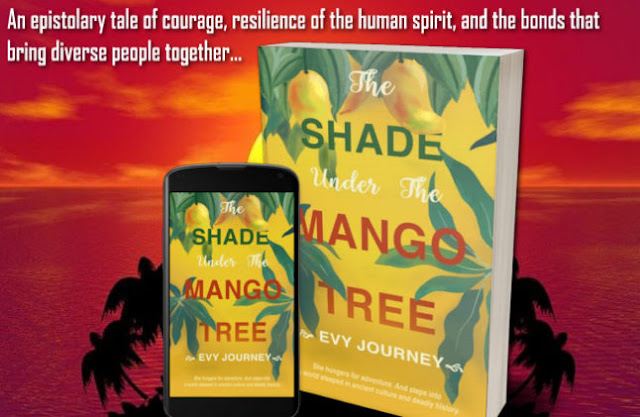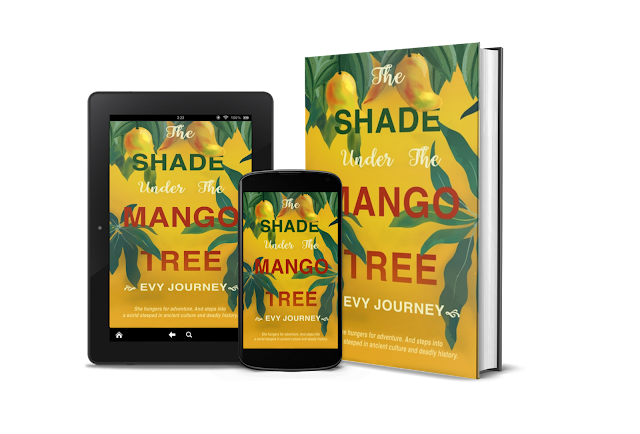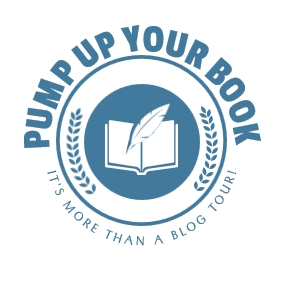Author Interview
At what point did you decide to be an author and what was your path to publication?
Becoming an author seemed to have come naturally to me. It was part of the jobs I took on after grad school—writing full research reports for a potential audience of several thousand people. A few times, I took something out of those reports to present at conferences or get them published in a couple of trade journals.
Writing about factual stuff requires a different kind of writing, compared to fiction. But it gave me a steady income for years. I’ve always loved words and what they can do. So when I burned out from rigid academic writing, I began to write fiction. I wasn’t a stranger to it. I wrote short stories for the high school paper.
What are some books or authors that you would recommend to our readers?
The Guernsey Literary and Potato Peel Society by Mary Ann Shafer and Annie Burrows, another epistolary novel; Sally Rooney’s Normal People; Anthony Doerr’s All the Light We Cannot See for beautiful prose, poignant, complex characters, and so much more; the fantastic audio book version of The Alchemist by Paulo Coelho read by Jeremy Irons; Elena Ferrante’s Neapolitan Novels. Need I mention all of Jane Austen’s novels?
Have you been able to incorporate your previous experience in your writing?
I have taken pieces of my life and of people I know and used them in my novels. In my book, The Shade Under the Mango Tree, I spent the first years of my life with my grandmother, a very loving woman. This book is partly an homage to her and to all grandparents who’ve helped shape later generations.
Describe the book in 10 words or less for people who are just learning about it.
Maybe, Sartre can say it best: “Life begins on the other side of despair.”
Is there anything you would like people to take away from your book?
First, I hope readers get the message that to open up to cultures very different from their own expands and enriches their humanity. You also realize you’re not as different from each other as you might think. Two others are contained in the epigraphs I placed in the beginning of the book. Lastly, I hope it comes across that writing can help heal you from painful experiences. That idea is what started this book, in the first place.
What is your favorite line from your book?
I have a few. But here’s one: Is it wrong to feel that in his dying, my soul is finally at peace?
What is your take on book boyfriends? Do they actually exist? Or do they set the bar for “real life men” impossibly high?
The way I see it, they usually occur in the context of a love story. But not always in a romance book. Logically, because book boyfriends are characters in a book, they don’t exist . And yet they can consume a person’s fantasy and life. If they do so at the expense of real, everyday life, then they could prevent that person from moving on and growing. Still, I say fiction is usually escapist fare. If your fantasy helps you cope and bring joy to your life, who’s anyone to judge? But let’s hope the fantasy boyfriend doesn’t cause a total break with reality.
Have you ever experienced writer’s block? How did you deal with it?
Writer’s block is such a general term that can mean different things to different people. But in all cases, the writer can’t write anymore. When you can’t write after having finished a writing project, that’s likely not writer’s block but a natural phenomenon. What some neuroscientists might call a refractory period. Neurons that have been firing for a while get tired and need to rest. In that case, I do art or write haiku or cook, activities that may use another set of neurons. None of that can help you if you’ve run out of ideas, or are just bored with writing.`
What do you like to do when you’re not writing?
Travel, do art, ogle art in museums.
THE SHADE UNDER THE MANGO TREE
Evy Journey
Sojourner Books
Contemporary Fiction
After two heartbreaking losses, Luna wants adventure. Something and somewhere very different from the affluent, sheltered home in California and Hawaii where she grew up. An adventure in which she can also make some difference. She ends up in place where she gets more than she bargained for.
Lucien, a worldly, well-traveled young architect, finds a stranger’s journal at a café. He has qualms and pangs of guilt about reading it. But they don’t stop him. His decision to go on reading changes his life.
Months later, they meet at a bookstore where Luna works and which Lucien frequents. Fascinated by his stories and his adventurous spirit, Luna volunteers for the Peace Corps. Assigned to Cambodia, she lives with a family whose parents are survivors of the Khmer Rouge genocide forty years earlier. What she goes through in a rural rice-growing village defies anything she could have imagined. Will she leave this world unscathed?
Evy Journey, SPR (Self Publishing Review) Independent Woman Author awardee, is a writer, a wannabe artist, and a flâneuse who, wishes she lives in Paris where people have perfected the art of aimless roaming. Armed with a Ph.D., she used to research and help develop mental health programs.
She’s a writer because beautiful prose seduces her and existential angst continues to plague her despite such preoccupations having gone out of fashion. She takes occasional refuge by invoking the spirit of Jane Austen to spin tales of love, loss, and finding one’s way—stories into which she weaves mystery or intrigue.
WEBSITE | TWITTER | FACEBOOK
Note: Some posts may contain affiliate links. Should you choose to purchase a product, we will receive a small commission for the sale at no additional cost to you. Chapter Break is a participant in the Amazon Services LLC Associates Program, an affiliate advertising program designed to provide a means for sites to earn advertising fees by advertising and linking to Amazon.com.
